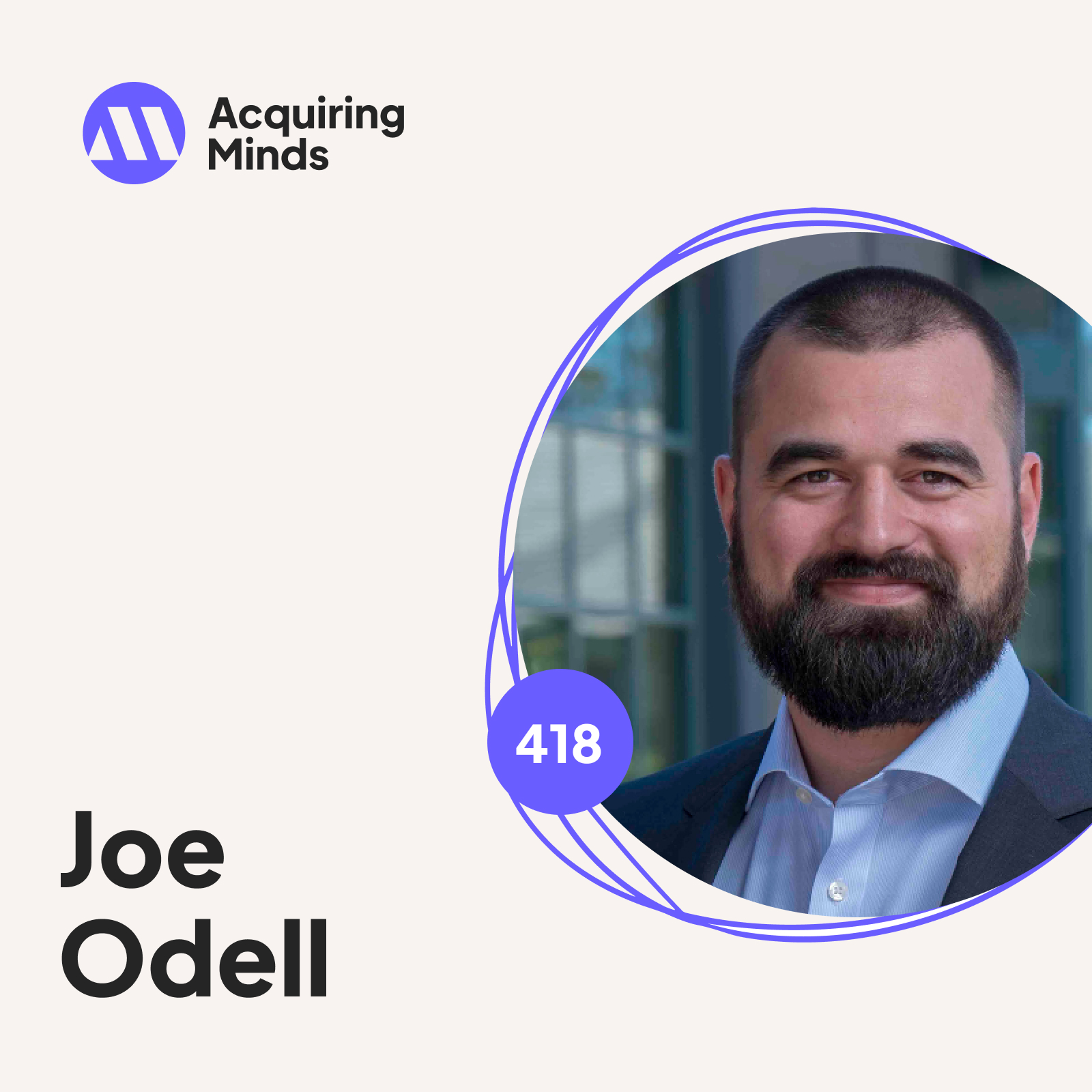











































The riskiest time for a new business is the startup phase.
You’ve got no product, no revenue, no staff, no reputation. It can take years for a business to build those things, if it survives at all.
Now imagine an alternative scenario, where the risk and toil of those early years have passed. Where there are already paying customers, and people & processes in place to serve those customers.
A website with traffic, a phone that rings. The flywheel is already going.
That’s what it means to acquire an existing business. Your job is to improve and grow it, not breathe life into it.
For many entrepreneurs, this is a better fit. Better suited to their skills or station in life. More rewarding, more lucrative, even more fun.
What’s more, there are many trends in your favor.
An entire generation of retiring business owners are looking for an exit. Their businesses are established, sometimes decades old, and yet there is no successor to take the reins. Oftentimes when they finally do retire, they just turn off the lights, pull the door closed, and shut down the business.
What a waste.
Meanwhile, it’s easier than ever to start a business online, from FBA to Shopify stores to courses to affiliate blogs. Which means millions of people start online side hustles, only to lose interest or shift priorities.
In the right hands, these neglected businesses can not only survive but thrive.
And unlike getting a bank loan for a startup (near impossible), banks routinely lend to entrepreneurs who want to buy a profitable small business.
Which means you can finance an acquisition, then pay down the debt with the profits of the business itself.
Many people think “buying a business” is just for the wealthy, or private equity.
Not so.
Thousands of normal individuals acquire a business every year. This site tells their stories.
Not to say that it’s easy.
While buying a business can be a path to wealth, you will not get rich quick. It’s still entrepreneurship, with all the hard work and persistence that entails.
It’s just a different kind of entrepreneurship, one that is overlooked by a media fixated on billionaires and unicorns.
But one that offers the same rewards and professional fulfillment.
Acquiring Minds will open your mind to the possibilities.

There are so many that it’s hard to generalize.
But here are a few examples:
You have entrepreneurial energy but you don’t have an idea to pursue.
You’re a mid-career employee looking to pivot into being a business owner. You’re ready to take control of your own destiny but don’t have the years or financial resources to start a business from zero.
You have deep industry expertise that could be applied a small business in that industry to make it grow.
You have a specialized skill set — online marketing for example — that could be applied to a small business that is weak in that area.
You’re interested in a space, like e-commerce or manufacturing, and want to accelerate your education and participation in that space.
You weren’t looking to buy a business but an attractive opportunity has presented itself.
You already have a business but want to acquire another one in order to grow.
You want to build a portfolio of profitable businesses as a path to wealth.

For many people, yes, they do operate the business that they acquire. You’d call such a business buyer an owner-operator.
This isn’t a bad thing.
Most owner-operators acquired the business precisely because they wanted to actively improve and grow it. They may intend to later reduce their personal activity in the business, or they may continue operating it indefinitely. Or, they may themselves sell the business after growing it over a few years.
Regardless, they’ve realized their entrepreneurial aspirations and become their own boss.
People who want to acquire a business but not operate it are investors. This is a different acquisition strategy, but one that can be extremely rewarding as well. (Just ask Warren Buffet.)

Usually people have some related experience, but not always.
In that case, you should at least have a strong commitment to, and preferably a genuine interest in, learning the industry of the company you acquire.
You should not buy a business in an industry where you have no knowledge nor any interest in gaining it.

Yes, it is possible. But “no money down” deals are not the norm and you should be wary of gurus promising that they’re easy to find.
That said, there are a variety of ways a “no money down” situation could occur.
The most common is a 100% seller-financed deal. That is, the current owner of the business sells it to you for $500k (for example) over a 5-year term. You pay $100k per year out of the profits of the business. At the end of 5 years you own the business outright, having put zero of your own money at risk.
This example is an oversimplification, but it does give you a sense of what's possible. Deals like this do happen with some frequency.
More often, however, a deal will be partially seller financed. So in our above example, you might have to pay $150k up front, then the remaining $350k over 5 years.